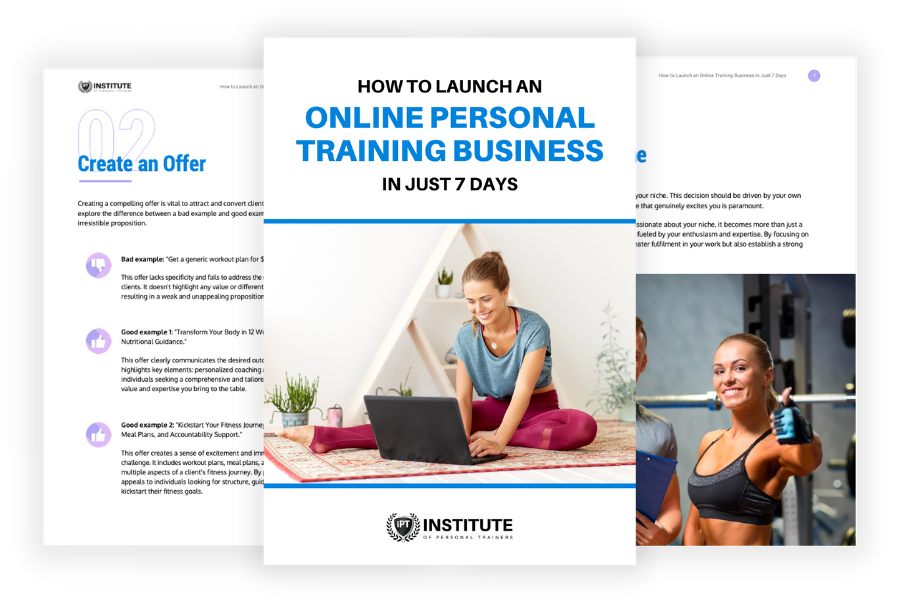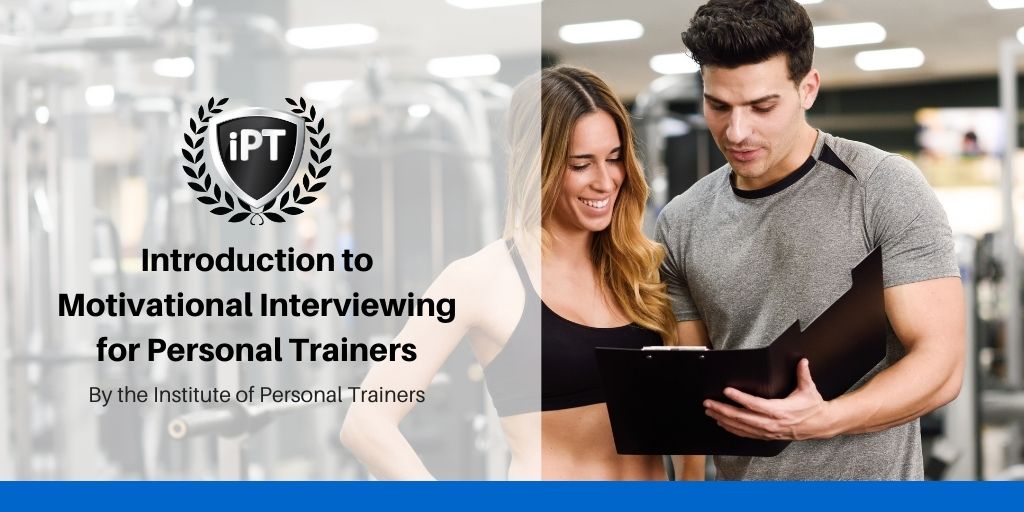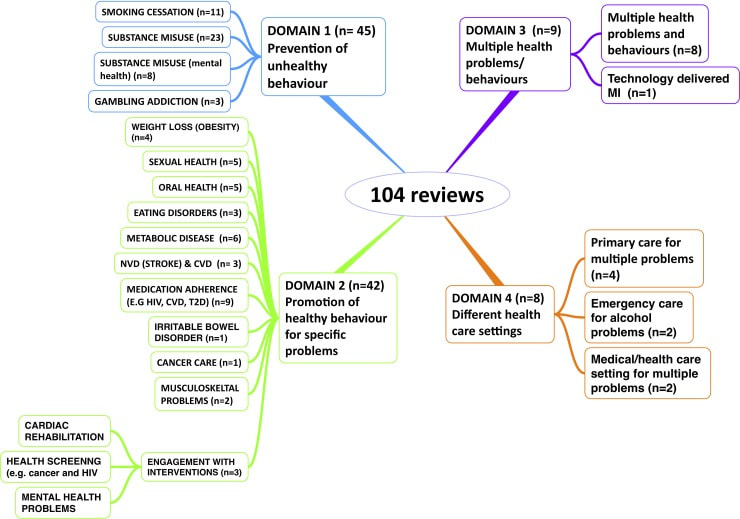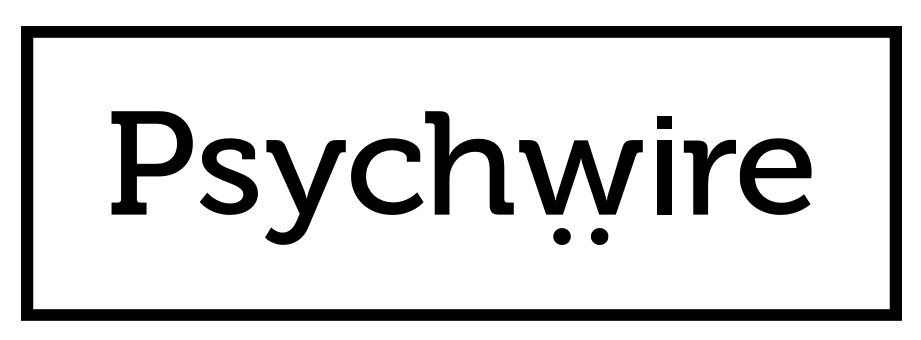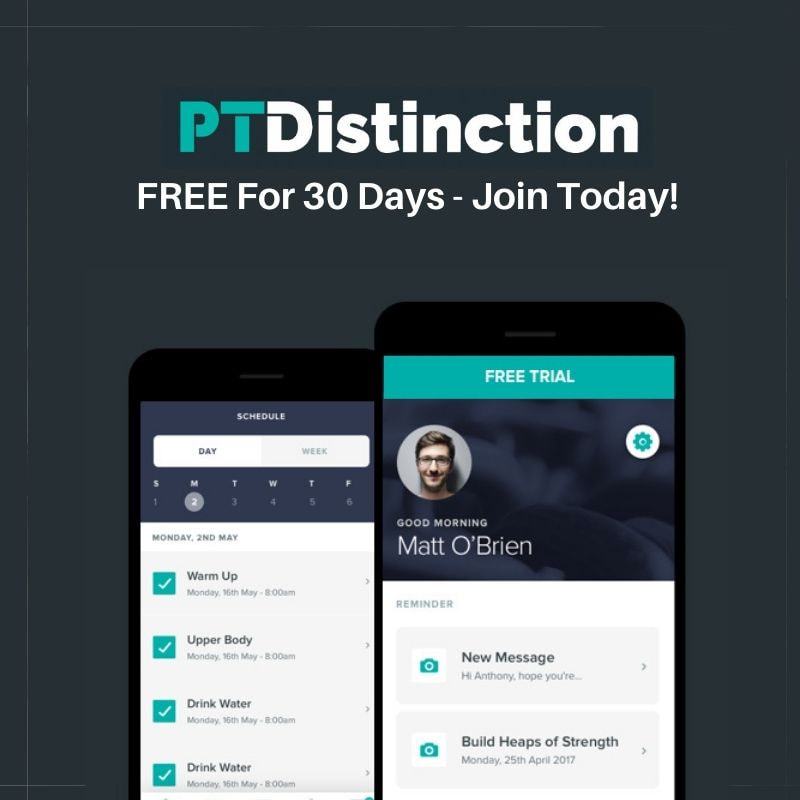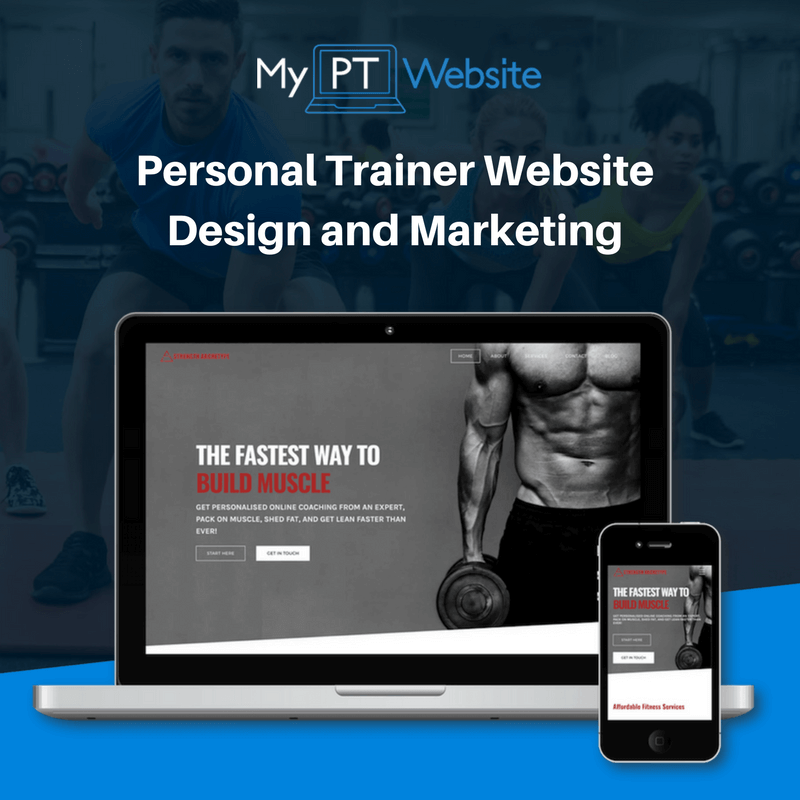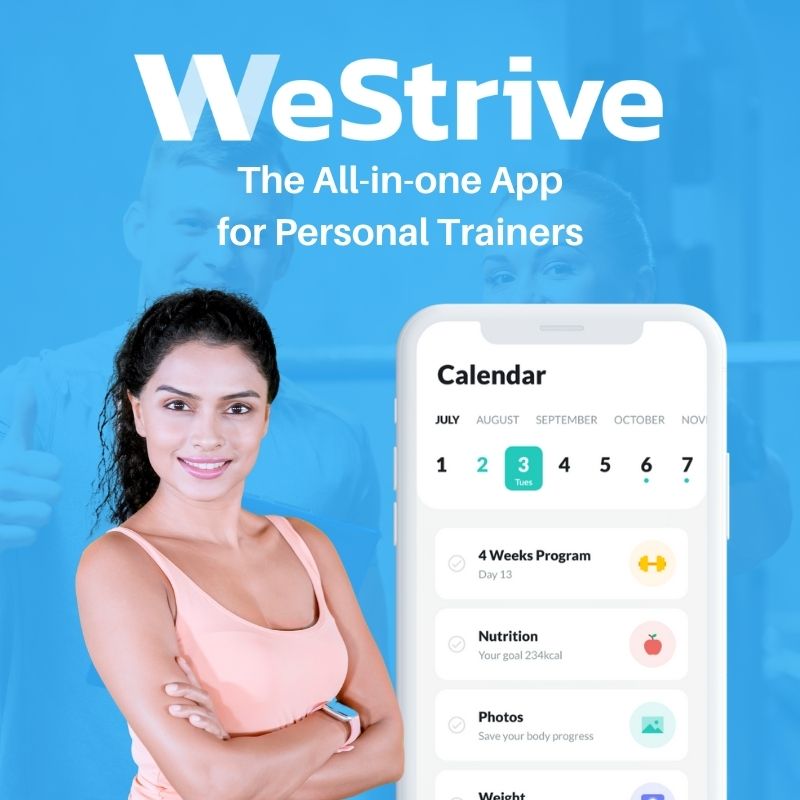|
FREE GUIDE: HOW TO LAUNCH AN ONLINE PERSONAL TRAINING BUSINESS
IN JUST 7 DAYS
✓ The new, better way of launching an online business
✓ The fastest way to create in irresistible offer ✓ A simple system to sell to clients who are interested |
|
When working with a personal training client who is considering making a healthy change in their lives, one of the most common problems personal trainers experience is called client ambivalence. They want to be more active or eat more healthily, but they haven’t done that yet on their own so there’s something holding them back. An ambivalent client is one that has reasons both for and against making a change to their behaviour. These reasons for and against changing their behaviour is making them feel stuck and unable to make progress. Traditional approaches which try to reason with the client, present information to change the balance between inactivity to regular activity in a logical way. They might provide statistics, education and simply cold facts to support the argument. But this is generally ineffective, and for some clients, this sense of having their behaviour controlled can make it difficult to build a meaningful connection with a coach. Rather than trying to convince clients of the benefits of exercise, and to amplify the reasons to stay sedentary as has traditionally been the way in coaching, motivational interviewing takes a different approach. What Is Motivational Interviewing? Motivational interviewing is a technique, or method of coaching, in which the coach takes an exploratory look at the desired behaviour with the client. They use open questions to explore the issue thoroughly and allow the client to draw their own conclusions about what course of action would be most suitable for them. A meta-analysis back from 2005 suggests that MI outperforms traditional advice when it comes to behaviour change but further evaluation of specific methods are recommended. A more recent and bigger meta-analysis included several domains outside of the clinical setting, including behaviour change for adopting healthy habits, like increasing physical activity. The results in the weight loss domain are inconclusive but there is promising data when it comes to help people become more active physically. As a personal trainer who cares about the results of their clients, including motivational interviewing in their coaching methods can only add to their success, so it's certainly worth a try. The Spirit of Motivational Interviewing Resisting the righting reflex This is the temptation that a coach or personal trainer may feel to correct the information you’re getting from the client and to “fix” a mistake. It can lead to a sense of a tug of war between the professional and the client and can get your relationship off on the wrong foot. The recommendation is that in the spirit of motivational interviewing, the coach goes through all these steps before providing any corrections. Understanding the client’s motivations While there may be any number of reasons that a person may want to improve their health, the goal of motivational interviewing is to draw the client’s specific, personal reasons out from them. By connecting with the intrinsic reasons your client has for seeking change, you are better able to appreciate their motivation. Listening with empathy In other words, being fully present with the client, and listening without judgement to what they are telling you. This is important because the client will feel heard, respected and will come to trust your guidance more as their coach. Empowering the client Giving the client the autonomy and power to make as many decisions as possible within the process. The goal is to empower the client and to allow them to drive the decisions which affect their health. Different Styles In Motivational Interviewing Directing is a method of leading a coaching conversation which is sometimes appropriate. When your client is motivated, and in need of specific, instructional information on what to do next, directing them is fine. But when your client is ambivalent, this direct approach can be seen as pushy, and your client may dig their heels in and push back. Following is an alternative style of coaching in which the coach is led by something a client has said. While appropriate sometimes, often when a client has revealed something emotional, it can lead to you both being led around the same looped thinking that the client themselves has been stuck in. Guiding is a compromise between these two styles. The coach provides some suggestions (“one of the things some of my other clients in your position have tried has been to…”), but the ultimate decision is with the client. Successfully Using Guidance In Motivational Interviewing Open questions encourage the client to open up and reveal some of the motivations behind their behaviour. As the coach, avoiding questions that begin with “do you”, “have you” or “are you” which suggest a terse, one word answer. Open questions invite a more elaborate, complex answer. What do you think is the main reason behind your weight gain? Affirmations are statements which notice when a client talks about change. The language might be based in their beliefs or the reasons behind their intentions to change. Be cautious about providing too much praise, but noting their progress to acknowledge their changes can be a powerful tool. Nice work! You just figured out what increases the chances of you get hungry late at night! Reflections are based on the information that a client has given you already. It involves synthesising the things the client has said, and checking that you’ve understood them properly by presenting the same ideas in your own words. It shows the client that you’re listening and that you’ve understood. This is like a concluding sentence or statement. So you think if you start your day with activity in the morning, you will be more likely to adhere to your plan throughout the day. I like that idea. Summarisations is like a bigger version of a reflection summarising several minutes or even the whole conversation. You might preface a summarisation with “let me check that I’ve understood what you’ve said so far”, or it may not be this formal and dynamically presented as a way to segue into the next question or the specific strategies needed. These differ slightly from a reflection in that they’re more of an implied question to check you’ve understood. Let me know if I understood what you've said so far. Do you mean that you know what you should be doing to start living a healthier and fitter life, but you don't seem to be able to stick to a routine consistently? How To Use Motivational Interviewing Engaging the client involves building rapport. This is the first stage, and the questions you ask during this stage will help you to understand them as a person and what their life is like. After you have built rapport, you’ll be in a position to move on to the next stage. So, what does a normal day in your life look like? What time do you get up, how do you spend your working hours, what meals do you have, when are you active, etc? Focusing happens after some rapport has been built. This stage is aimed at setting an agenda for your discussion. The client and the coach will use this time to collaborate on working on a common goal. This may be focused on a specific area of their life that they want to improve. So you think if you cleaned up your nutrition habits, your lifestyle would significantly improve. What do you think you need to change in your nutrition? Let's set some goals. Evoking is about going deeper with those areas. The main issues are how confident the client is that they are able to make a change, and also how important making that change is to the client. Confidence and personal importance are good motivators and can bring out positive self talk, such as reflections on times when they’ve been successful, or reasons why they want change now. This is the stage where the coach may suggest some things that the client hasn’t considered and so it’s essential that there’s a solid foundation to build upon. You said you think your portion sizes are too big at each meal. Have you considered keeping a food diary for some time to get an idea how much you're actually eating? Planning is the final step where the logistics and details are discussed. What, when and where the behaviours will take place. In the spirit of motivational interviewing, it’s best if this is drawn out of the client rather than dictated to them. By laying a solid foundation for the plan, the client will feel as though they have ownership of their plan and are motivated to complete it. What do you think, how many times a week you can commit to some form of exercise from now on? Think of a number that you think is sustainable and you can achieve even on a highly stressful week as a starting point. How To Get A Motivational Interviewing Qualification If you’re thinking about pursuing motivational interviewing to give you an edge in your coaching to help your clients to get incredible results, and you’re keen to learn more, there are a few things to be aware of when looking for a qualification. Regardless of which course you select, there are a few things to look for. First, you must enjoy the method of delivery. If you prefer to be taught in real-time and held accountable to scheduled lectures and exams, or if self-directed study suits your lifestyle better, that may influence your decision about which course to take.
Conclusion Motivational interviewing aims to create a close autonomous connection between the client and the coach. It’s not about dictating the correct course of action, or creating motivation that the client doesn’t feel. It’s more about highlighting the way the client can empower themselves to achieve goals which are meaningful to them within the realistic construct of their lives.
However, this process can take practice. It’s not passively listening, and it’s not dictating your answers. It takes time to develop these skills, but once you do, they are extremely powerful in helping empower clients to create autonomous lasting change. |
Our All In One Platform
Check out out all in one business & marketing platform for personal trainers!
WEBSITE BUILDER | FUNNELS |MEMBERSHIPS | SCHEDULING| EMAIL MARKETING| PAYMENTS| CRM | AI ASSISTANT | SURVEYS
Popular Articles
Trusted Partners
We work closely with some of the best service providers in the fitness industry.
Categories
All
|

